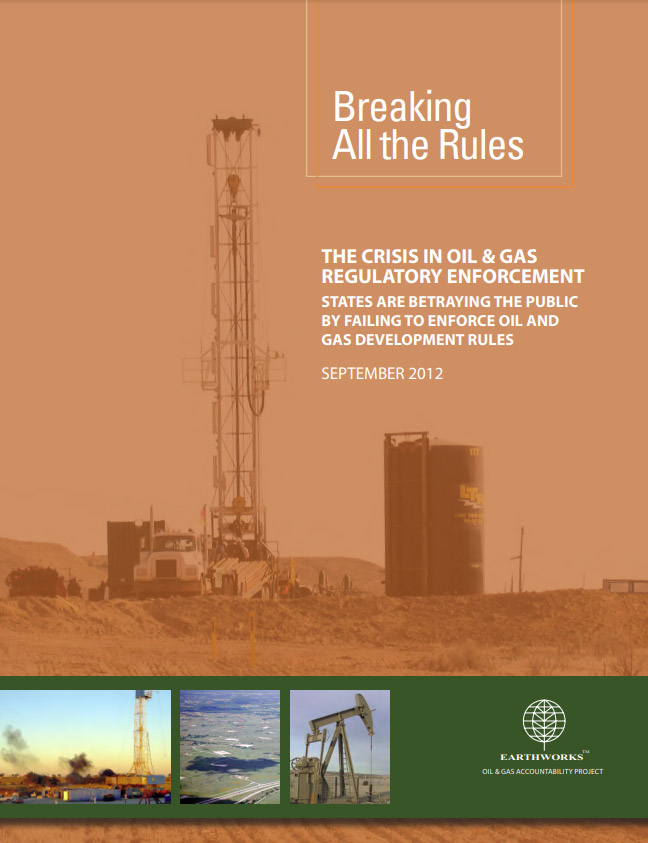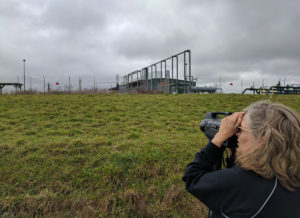A Crisis in Public Oversight: States Do Not Enforce Oil and Gas Extraction Regulations
The U.S. faces a crisis in the enforcement of rules governing the oil and gas industry. The shale gas and shale oil boom has brought an expansion of oil and gas activity unseen in many parts the country since the 19th century. Unfortunately, as this report shows, states are dangerously unprepared to oversee current levels of extraction, let alone increased drilling activity from the shale boom.
Battles over rulemakings can be intense – stakeholders spend considerable effort to influence the process whenever regulations are created or revised. They do so because they believe that rules matter – that after the rules are created, the government will enforce them. This report reveals, in the case of state oil and gas rules, that is simply not true. Based on their own data, every state we studied fails to adequately enforce regulations on the books.
Among our findings:
- Every year hundreds of thousands of oil and gas wells – 53 to 91% of wells in the states studied (close to 350,000 active wells in the six states in 2010) – are operating with no inspections to determine whether they are in compliance with state rules.
- When inspections do uncover rule violations, the violations often are not formally recorded – and the decision whether or not to record a violation is often left to the discretion of the individual inspector.
- When violations are recorded, they result in few penalties.
- When penalties are assessed, they provide little incentive for companies to not offend again.
The full report examines in detail the current state of oil and gas enforcement in Colorado, New Mexico, New York, Ohio, Pennsylvania and Texas. It also addresses systemic factors that impede enforcement. Woven throughout are commonsense recommendations to fix the problem.


